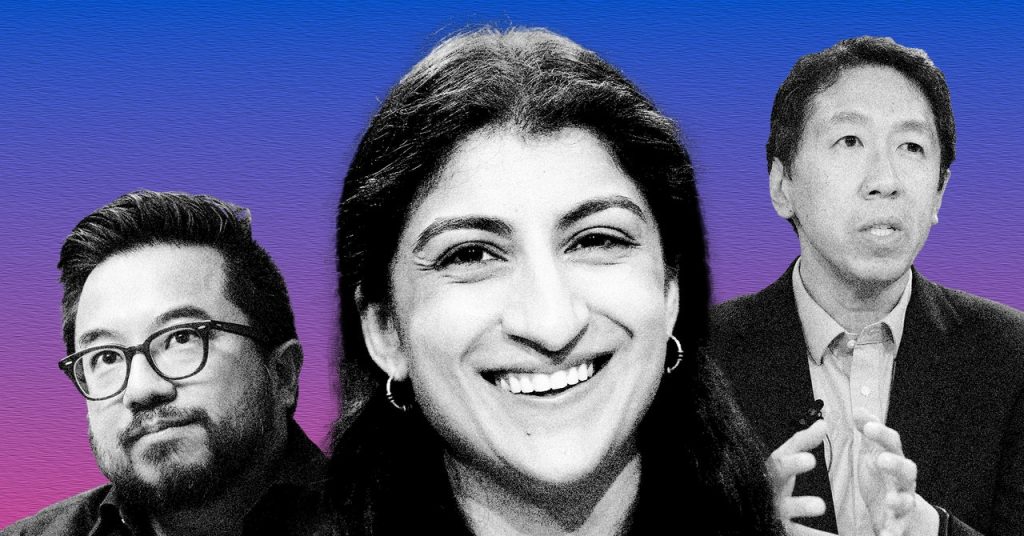### Embracing Open Source AI: A Shift from the App-Centric Era
#### The Rise of Open Source AI
Many discussions at yesterday’s event were filled with acronyms like YC, FTC, AI, and LLMs. However, a recurring theme was the strong support for open source AI. This marks a significant shift from the app-focused 2010s, where developers preferred to package their technologies and hand them over to larger platforms for distribution.
#### Meta’s Endorsement and the Reality of Open Source AI
The event took place just two days after Meta CEO Mark Zuckerberg proclaimed that “open source AI is the path forward,” as reported by [WIRED’s Will Knight](https://www.wired.com/). Despite this endorsement, the data used to train these models often remains confidential, licenses may limit developers from creating certain applications, and the original creators may still reap the most benefits.
#### Legislative Pushback: The AI Safety and Innovation Bill
Some politicians, like California state senator Scott Wiener, have expressed concerns about the unchecked development of large-scale AI systems. Wiener’s AI Safety and Innovation Bill, SB 1047, has sparked debate within tech circles. The bill aims to:
– Establish standards for AI models costing over $100 million to train
– Require pre-deployment safety testing and red-teaming
– Protect whistleblowers in AI labs
– Grant the state attorney general legal recourse if an AI model causes significant harm
#### Amendments and Community Feedback
Wiener spoke at the event, moderated by Bloomberg reporter Shirin Ghaffary, expressing gratitude to the open source community for their feedback on the bill. He mentioned that the state has made several amendments in response to this criticism. One notable change is a clearer definition of how to shut down an open source AI model that goes awry.
#### Andrew Ng’s Advocacy for Open Source Models
The highlight of the event was a surprise appearance by Andrew Ng, cofounder of [Coursera](https://www.coursera.org/), founder of Google Brain, and former chief scientist at Baidu. Ng, like many others, defended open source models.
This is one of those moments where [it’s determined] if entrepreneurs are allowed to keep on innovating, or if we should be spending the money that would go towards building software on hiring lawyers.
Ng’s statement underscores the critical juncture at which the tech industry finds itself, balancing innovation with regulation.

4 Comments
Why’s the FTC poking around open source AI developments?
Are founders ready for the regulatory microscope on open source AI?
Did the FTC’s interest in open source AI catch founders off guard?
Is the FTC’s involvement a sign of impending regulations?